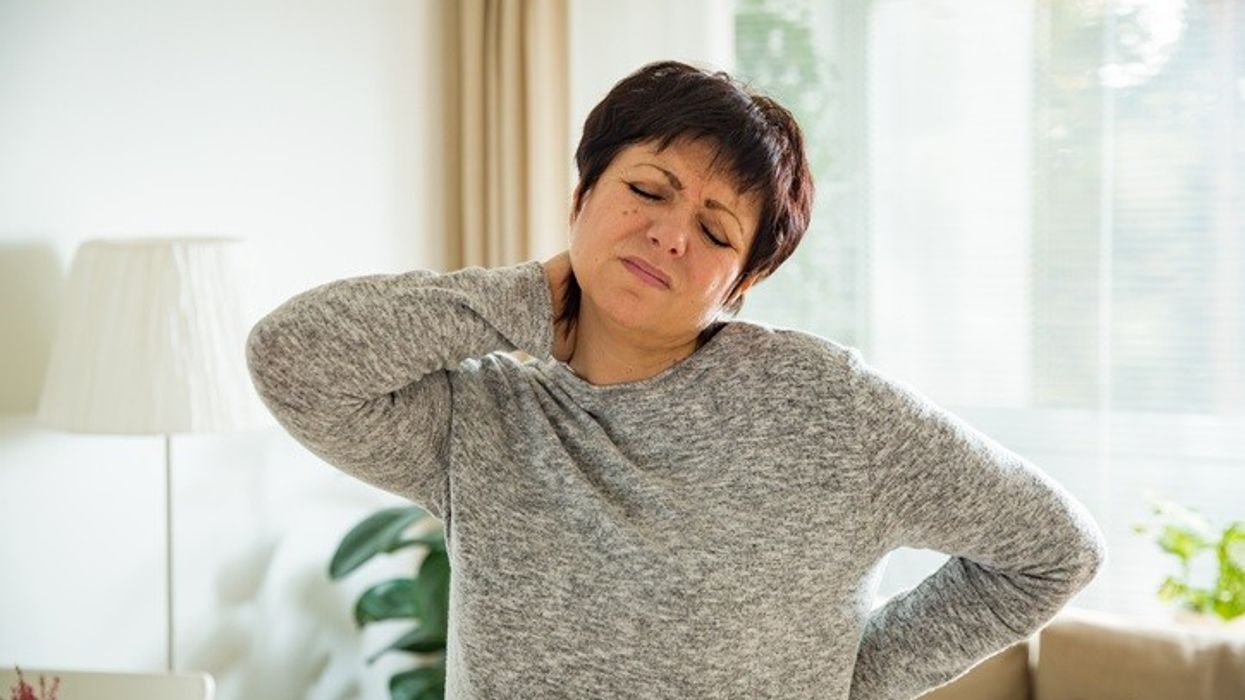New research suggests that gender-specific alterations in brain regions responsible for pain perception due to ageing could be the reason why older women experience more pain.
These modifications appear to increase pain sensitivity in older women compared to men, leading to heightened pain experiences.
Researchers clarified that these gender-specific changes may not be related only to one's biological sex, but also to social factors influencing their responses to pain.
While previous studies have shown women to be more sensitive to pain, the researchers, including those at The Ohio State University, US, said that their study looked at gender by age.
"Most of the work characterising which regions in the brain respond to pain have been done in people aged 18 to 40. (We wanted) to understand what's happening between the ages of 30 and 90 years old because that's when people are beginning to experience chronic pain," said Michelle Failla, assistant professor in the College of Nursing at The Ohio State University and lead author of the study published in The Journal of Pain.
For the study, the researchers included 27 women and 32 men aged 30-86 years old, who were exposed to increasing levels of heat.
They were asked to report when the applied heat reached levels of just-noticeable, weak, and moderate pain and to rate the unpleasantness of each level.
The team used functional MRI (fMRI) imaging to observe the hub of brain regions that work together in pain perception - the descending pain modulatory system (DPMS).
The DPMS is also involved in triggering opioid receptors that help reduce pain.
An increased DPMS response is thus presumed to translate into a higher or greater pain perception, they explained, even as they said researchers are still working towards describing exactly how the system works.
The researchers found gender-specific changes brought about by ageing in some of these brain regions within the DPMS.
They found that at the moderate pain level, men showed an increased DPMS response with older age (reduced pain perception), while as women aged, the DPMS response decreased (greater pain perception).
The team was however not clear if this brain system was triggered later in order to catch up with the pain, or if it was already in action, meaning that the pain could have been worse to begin with.
They are continuing their work of studying pain-related brain activity in people less able to articulate and describe the pain they're experiencing, such as people with dementia or autism, they said.
"Pain is such an individual experience. In science, we're moving toward individual factors that can influence pain specifically and what makes it different for each person," said Failla.
"This could then identify a mechanism we can target, or even just give us a better understanding that there are different levels of innate abilities to modulate pain," she said.
(PTI)




